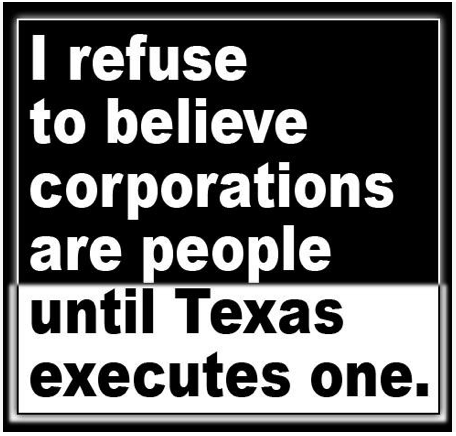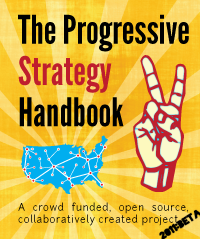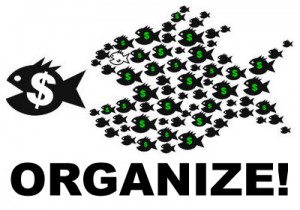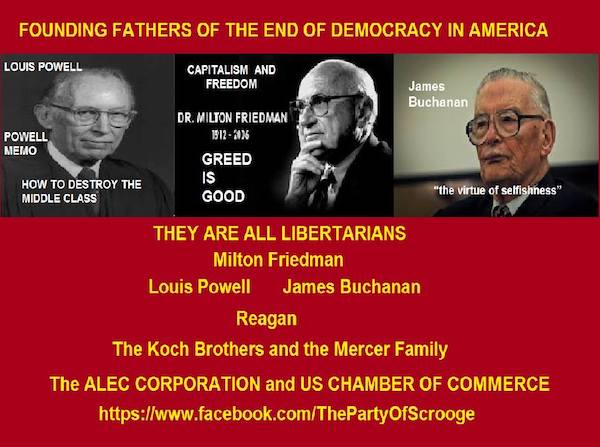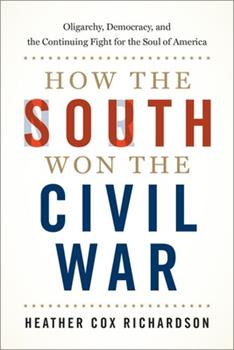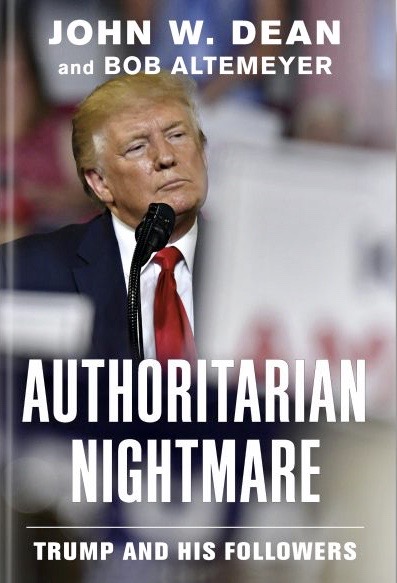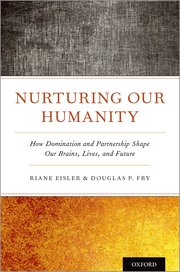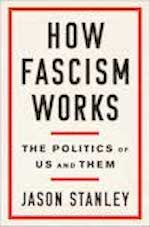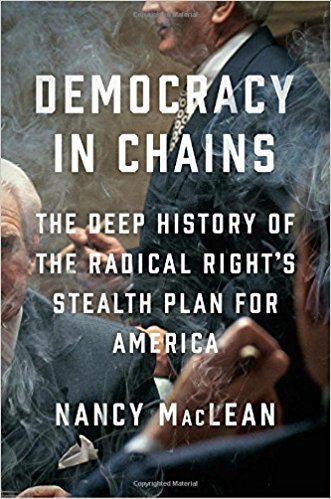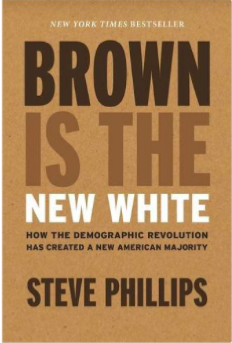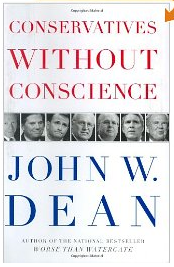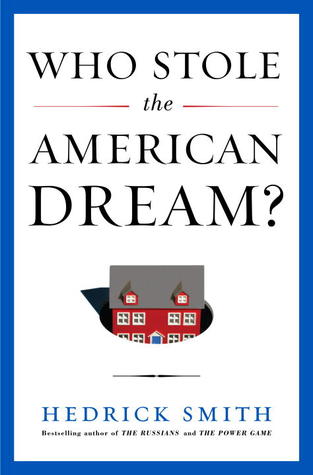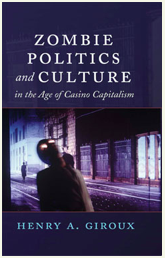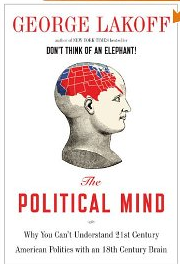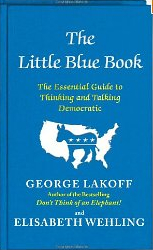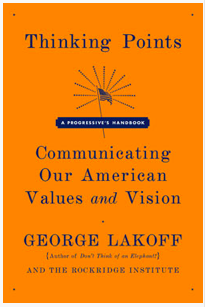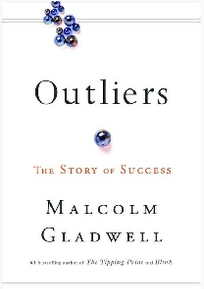Throughout this blog, postings have provided details about the strict father and nurturant parent worldviews. Charts in some of those postings show how the dominance of one or the other of these two worldviews affects our economy.
From 1945 to the late 70s, the “We” generation
– Paid their citizenship dues in proportion to their use of national resources that enabled their success,
– Used government to protect and empower citizens and consumers,
– Supported investment in national infrastructure to advance freedom and liberty for all citizens,
– Supported investment in non-profit research for going to the moon, creating the internet, exploring space,
From early 80s to the late 00s, the “Me” generation
– Stopped paying citizenship dues in proportion to their use of national resources that enabled their success,
– Used government to protect and empower corporations and the excessively wealthy,
– Minimized investment in public infrastructure to punish the primary users – the excessively wealthy have private infrastructure,
– Minimized investment in non-profit research,
Here is a side-by-side comparison of the Me and We moral values. Holding either set of values, or a mixture thereof, determines where one stands on topics like the sequester, extending the debt limit, health care, separation of church and state, civil rights, liberty, freedom, race, voter IDs, what to do about unintended pregnancies, public education, public libraries, public roads, public research, public display of religious icons, school prayers, critical thinking, global warming, privatization, public investment, corporate governance, representative governance, success determinants, systemic causation, American exceptionalism, race exceptionalism, gun safety, child safety, prayer in public schools, torture, honor, common good, common wealth, free enterprise, government, non-profit investing, spending, citizenship dues (taxes), etc.
| Strict Father “Me” Worldview |
Nurturant Parent “We” Worldview |
| Freedom and liberty should be limited only by self-restraint. |
Freedom and liberty need government-imposed limits that limit the abuse of those who see no need for self-restraint. |
| Individuals are responsible only for their own well-being and success. |
Individuals are responsible for both their own well-being and the well-being and success of others. |
| Severe punishment and “Noble Lies” about threats to individual freedom and liberty are part of the authoritarian arsenal for convincing the masses of what is morally right. |
Compassion, empathy, and responsibility for all Americans provide for understanding of what is morally right |
| A strict father enforces a hierarchy of superiority with God at the top, humans over nature, white men over women, children, minorities, and especially poor women, children, and minorities who are poor. |
Each individual is equally protected from harm and equally empowered for success by other citizens and a representative government. |
| The strict father will use severe punishment to teach moral values of a social hierarchy. |
The nurturant parents will teach moral values by caring and showing responsibility for themselves and others. |
| The social responsibility to provide for the common good is an immoral imposition on individual liberty (greed). |
Those who benefit more from the common good should pay more to maintain it. |
| The country is better off if everyone depends totally on personal responsibility. |
The country is better off when everyone depends on both personal and social responsibility. |
| Success is due only to self-discipline and if you lack self-discipline you are immoral and deserve your circumstances – you’re on your own. |
Success is due to self-discipline, innate talent, when you were born, where you were born, what family you were born into, your parent’s choice of friends and religion, your relatives, your teachers, the other kids of your age, your mother’s health care while you were in utero, and other factors and circumstances including the public support of others through their government – we’re all in this together. |
| Government is bad because it has no self-discipline while free enterprise is a perfect example of self-discipline to enable the success of the individual. |
Government and free enterprise are as perfect as the citizens or employees who run them and we need both in balance to enable the success of the nation. |
| Government is necessary for protection only from internal and external threats to freedom and liberty of authority figures (white men). |
Government must protect and empower its citizens equally to maximize the freedoms and liberties of all citizens including protection from the excesses of free enterprise. |
| Privatize all non-defense government functions. Liberty is maximal personal responsibility, which requires maximal privatization – and profitization – of all that we do for each other together, jointly as a unified nation – The Public. |
Any government function which protects and empowers citizens should never be privatized. Privatization creates corporate governance, that is accountable to a small set of key shareholders, and replaces representative governance, that is accountable to voters. |
Each worldview makes choices based on their values. Here are some examples of those choices. Which would you chose?
Me: Living life without any restraint, or
We: LIving life with consistent and minimal limitations to protect others from abuse by those who have no self-restraint
Me: Caring only about yourself and those like you, or
We: Caring about all fellow citizens, understanding that life is not fair, and that we must help others.
Me: Believing individual success comes only from strong self-discipline, or
We: Believing individual success comes from both innate talent and many factors beyond individual control.
Me: Lying to promote “Noble” goals is morally justified, or
We: Working together for the benefit of all is morally right.
Me: Promoting inequality based on an arbitrary hierarchy of human attributes, or
We: Promoting equality based on equal protection and empowerment of all citizens regardless of personal differences.
Me: Teaching right from wrong through excessive physical punishment starting in infancy, or
We: Teaching right from wrong by nurturing a responsibility and respect for oneself and others.
Me: Succeeding comes only from self-discipline and individual effort, or
We: Succeeding comes from individual effort that is either enhanced or reduced by factors beyond the control of the individual.
Me: Living under corporate governance which is accountable only to the CEO and a few major stockholders, or
We: Living under representative government that is accountable to voters who .
Me: Maximizing corporate freedom by eliminating citizenship dues (taxes) and governmental checks and balances, or
We: Maximizing citizen freedom by supporting a government that checks and balances abusers of power.
Me: Having corporate governance concerned only about profit at the expense of other stakeholders including customers, or
We: Having representative government concerned exclusively about protecting and empowering all citizens equally.
Me: Having corporate governance that has bought our representative government, or
We: Having representative governance accountable to voters that is independent of large corporations which are financially as large as small countries.
Me: Limiting representative government and privatizing all that is public, or
We: Limiting corporate governance to protect citizen’s well-being, prosperity and safety.
Me: Supporting the individual freedom to sell or own weapons for mass killing, or
We: The social responsibility to prevent gun violence against all of our children.
Here is how George Lakoff summarized these two moral sets of beliefs:
Progressives tend to believe that democracy is based on citizens caring for their fellow citizens through what the government provides for all citizens – public infrastructure, public safety, public education, public health, publicly-sponsored research, public forms of recreation and culture, publicly-guaranteed safety nets for those who need them, and so on. In short, progressives believe that the private depends on the public, that without those public provisions Americans cannot be free to live reasonable lives and to thrive in private business. They believe that those who make more from public provisions should pay more to maintain them.
Ultra-conservatives don’t believe this. They believe that Democracy gives them the liberty to seek their own self-interests by exercising personal responsibility, without having responsibility for anyone else or anyone else having responsibility for them. They take this as a matter of morality. They see the social responsibility to provide for the common good as an immoral imposition on their liberty.
Their moral sense requires that they do all they can to make the government fail in providing for the common good. Their idea of liberty is maximal personal responsibility, which they see as maximal privatization – and profitization – of all that we do for each other together, jointly as a unified nation.
They also believe that if people are hurt by government failure, it is their own fault for being “on the take” instead of providing for themselves. People who depend on public provisions should suffer. They should have [to] rely on themselves alone – learn personal responsibility, just as Romney said in his 47 percent speech. In the long run, they believe, the country will be better off if everyone has to depend on personal responsibility alone.
Moreover, ultra-conservatives do not see all the ways in which they, and other ultra-conservatives, rely all day every day on what other Americans have supplied for them. They actually believe that they built it all by themselves.
On page 14 of The Little Blue Book, George Lakoff said, “The repeated use of conservative or liberal moral language is often the decisive factor in whether an independent uses a liberal or conservative moral system for a given election.”
The “we” moral view held sway after WWII. We rebuilt Europe, built the interstate highway system, sent men to the moon, and paid down the national debt. The “me” moral view has held sway since the 80’s and we suffered the Great Recession, have saved banks too big to fail or prosecute, and legalized a massive transfer of income and wealth to the ONE% from the working class.
